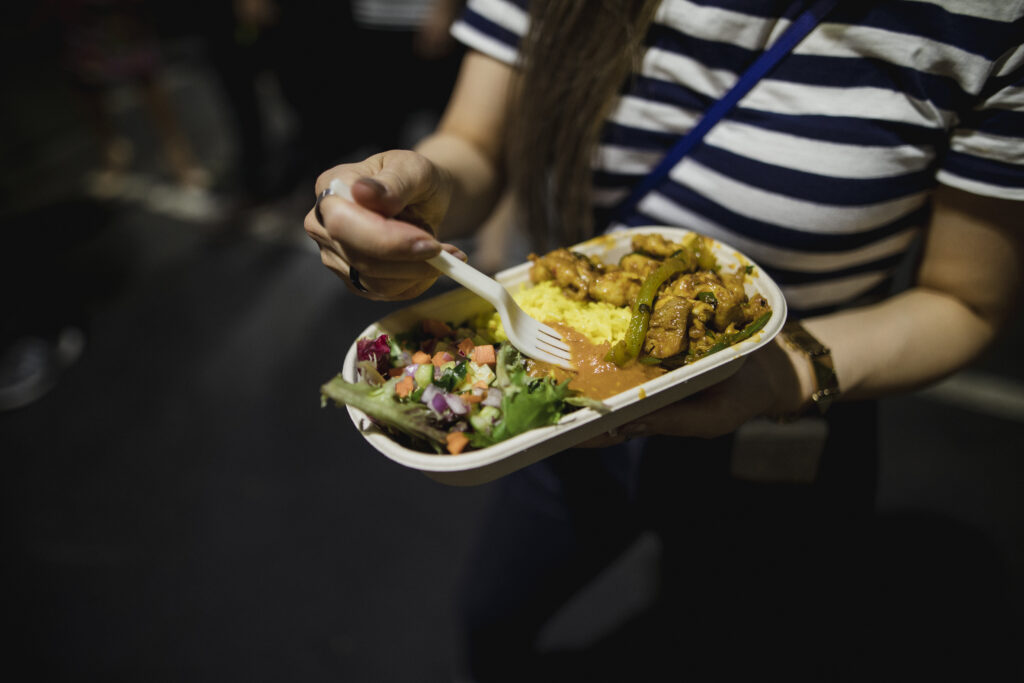Food waste is a global issue that affects not only our environment but also our local communities.
In New South Wales alone, 1.7 million tonnes of food are wasted each year. Households are the largest contributors, accounting for 688,000 tonnes of food waste annually. Let’s rethink the way we look at food waste and explore how we can work together to turn our food scraps into gold and divert them from landfill.
Is it really rubbish?
Recipes using potato peels, apple cores and leftovers? Yes please! These resourceful recipes not only keep food out of our bins but help us save money by making the most of an entire fruit or vegetable. Be inspired by Instagram creators like @plantyou and @going.zero.waste to think twice before throwing away your scraps.
Sharing is caring.
- Have a bounty that you can’t get through? Try these alternatives to landfill:
- Reach out to businesses like Far North Coast Food Recovery. They rescue edible food from local establishments which community kitchens transform into nourishing meals for vulnerable individuals.
- Donate to recovered food locations such as The Good Pantry in Lismore.
- Get to know your neighbours or join your local Facebook group and take part in some good old-fashioned trading.
Making every scrap count.
So, you’ve exhausted the possibilities of your fridge contents and it’s time to deal with what’s left. Enter composting: the quiet hero of diverting waste from landfill into food for our food
Want to learn more? Follow our favourite compost creators @compostable.kate and @hannah_moloney for more tips on how to be an expert home composter.
By embracing resourceful recipes, sharing, and trading our food bounties and becoming composting heroes, we can work together to divert useful food and material away from landfill. Let’s all play our part in contributing to a circular system by making every scrap count!
Top composting tips:
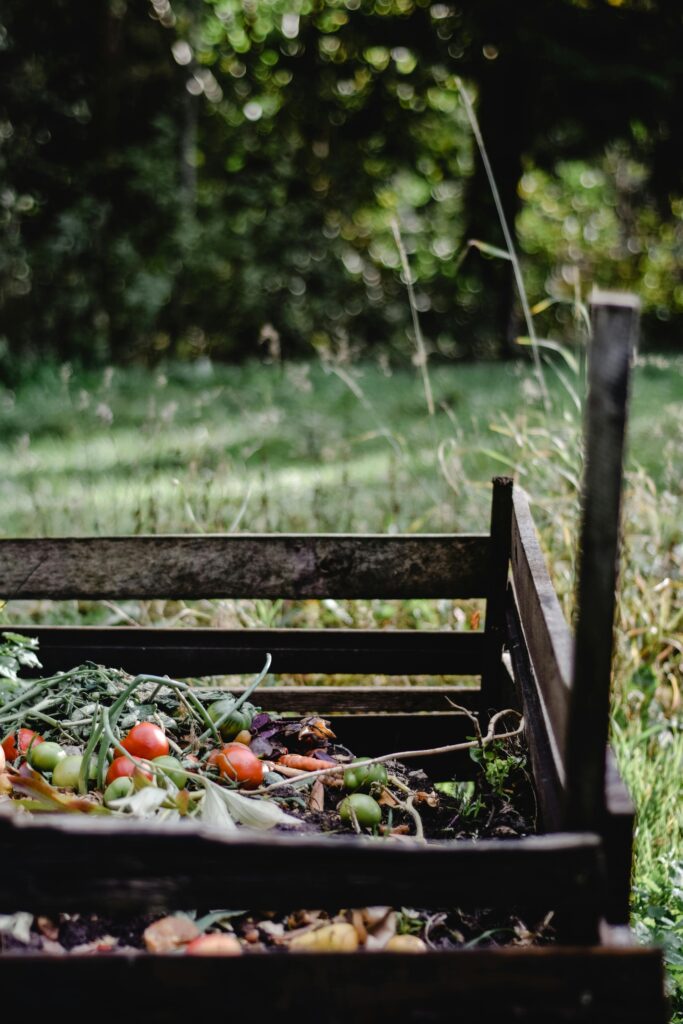
Remember the golden ratio of composting.
One part green or nitrogen-rich materials to two parts brown or carbon-rich materials. Greens include fruit scraps, coffee grounds, and fresh grass clippings. Browns include dry leaves, straw, and shredded newspaper.
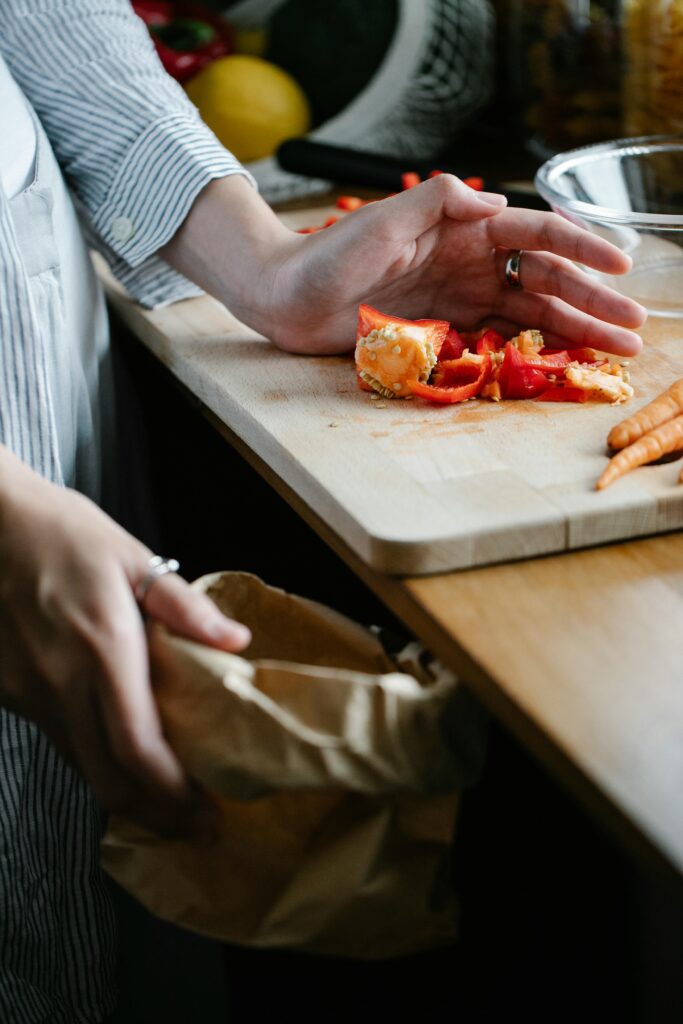
Keep a caddy for scraps where you prepare food.
Keeping a caddy handy for scraps where you prepare your food gives you a visual cue to ensure you are always making the most of those scraps.
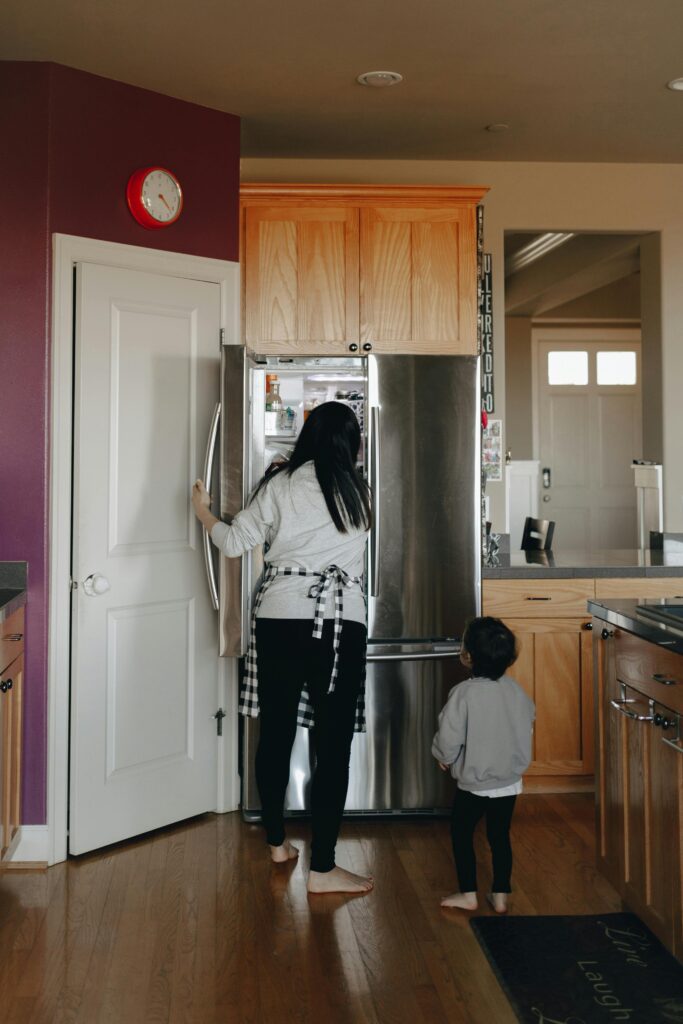
Empty your caddy regularly to control odours.
And freezing meat scraps ensures a more pleasant composting experience – no one wants a stinky compost caddy!
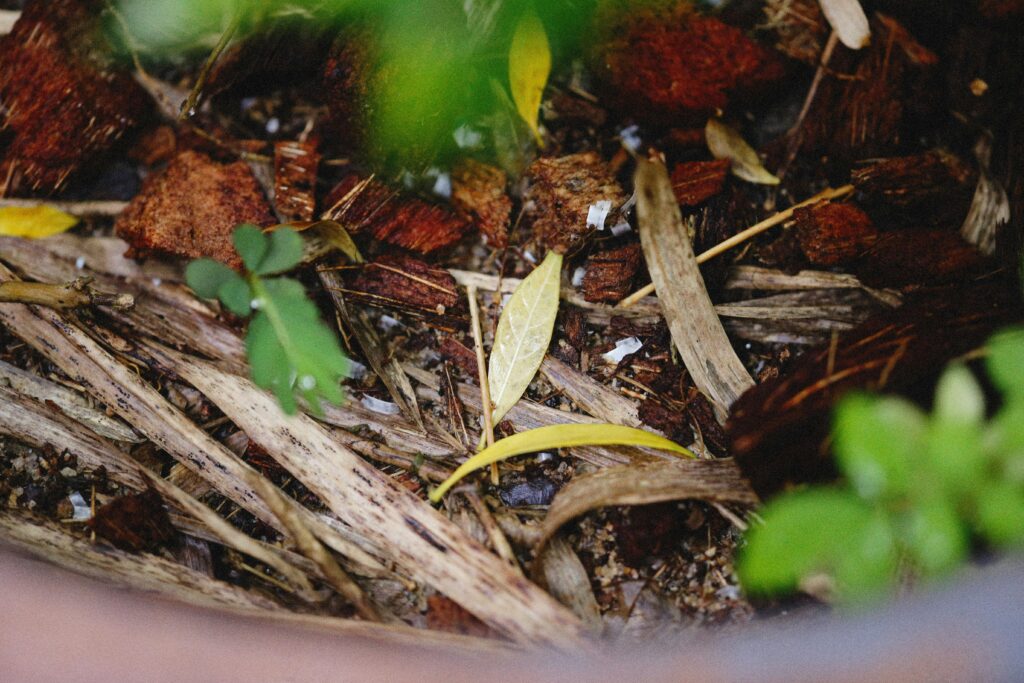
Avoid treated timber and coated paper or cardboard.
Leaving these out of our compost ensures the plastics and chemicals in the coatings don’t leech into our soils and get into our water sources.
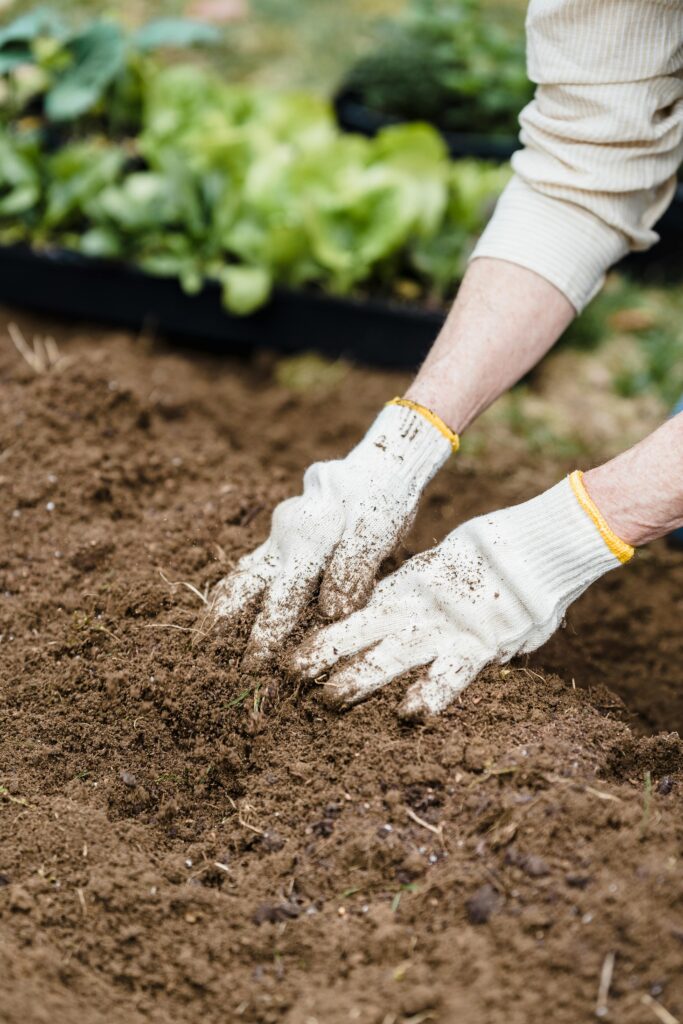
Aerate your compost to accelerate decomposition.
Regularly aerating your compost creates optimal conditions for beneficial microorganisms to thrive, accelerating the breakdown of organic matter into nutrient-rich soil amendment.
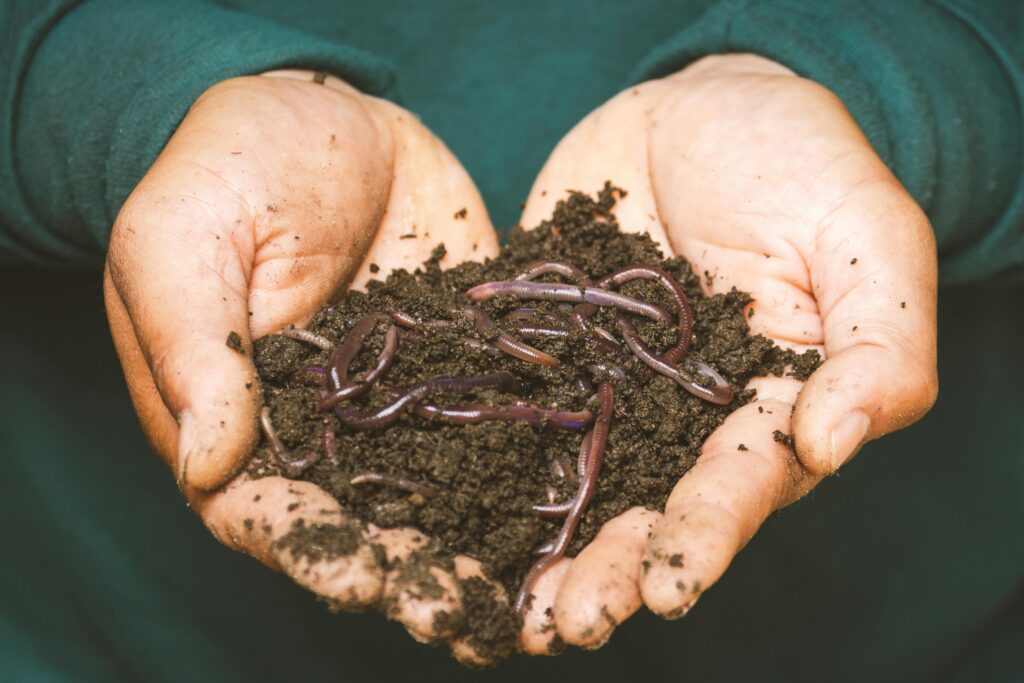
No garden, no problem! Food for thought ideas.
Consider an under-sink worm farm for convenient composting in small spaces, or alternatively, make use of your curb side green waste service to ensure organic waste is properly managed and repurposed.


